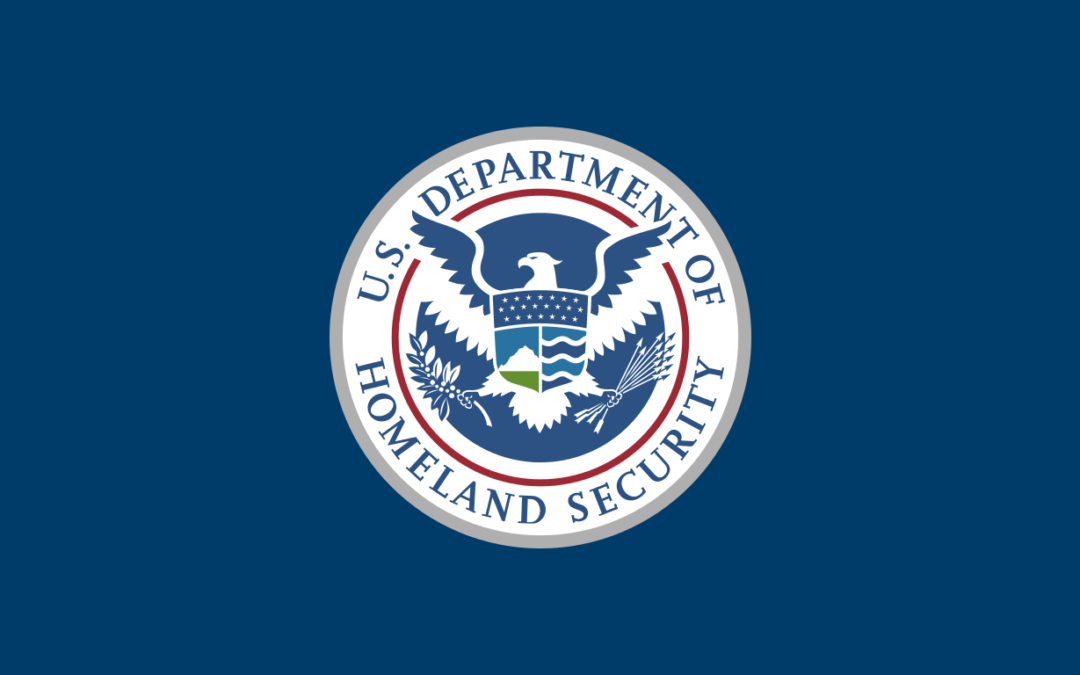The year 2018 suffered some of the worst natural disasters in recent history. A magnitude 7.5 earthquake was responsible for the death of approximately 1,900 people in Indonesia. The massive fires in California burned with such intensity as to melt vehicles, turn people into ash and exterminate a community. Hurricane Michael ravaged North and South Carolina and was reportedly the strongest recorded storm in the last five decades. However, along with lost lives and property damage, natural disasters pose a threat to homeland security.
Earthquakes
Significant earthquakes have the potential for creating fires, interrupting the power grid and affecting clean water supplies. The disasters may also result in fatalities and property damage. Before earthquakes occur, Homeland Security uses the agency’s resources to prepare to respond to possible threats and help communities recover.
Wildfires
Wildfires commonly devastate the natural environment along with destroying residential and business properties. Airborne embers and smoke inhalation pose health threats to nearby communities. When wildfires occur, Homeland Security responds by securing the area and protecting cities and towns within the vicinity from potential hazards or threats. The agency’s plan also includes strategies for reducing the potential loss of life and property damage.
Hurricanes
Hurricanes are known to cause cataclysmic damage along coastlines and inland areas. The extreme rain carried by torrential winds causes devastating flooding. People living in the affected region suffer a loss of their homes and community utilities. The extensive flooding poses a health threat from the contaminants and wild animals that lurk in the water. Homeland Security is fully aware of the possible community-wide threats that accompany the disaster. The agency offers resource links that offer educational information concerning hurricane preparation, survival and recovery.
Tornadoes
Homeland Security reports that the United States endures more than 1,000 tornadoes in any given year. Along with property damage, the raging storms affect communication and utilities in the locations in which they occur. The agency provides vital information concerning preparedness measures in order to prevent potential fatalities and protection to thwart possible hazards and threats.
Winter Weather
Many cities across the country experience extreme temperatures and massive snowfall during the winter months. Extremely cold temperatures pose a health risk to anyone spending too much time outdoors. Ice and snow have the potential for causing power outages that disrupt the ability to heat homes and businesses. Roads become impassible and communication systems go down. Homeland Security strategies include preparedness training.

